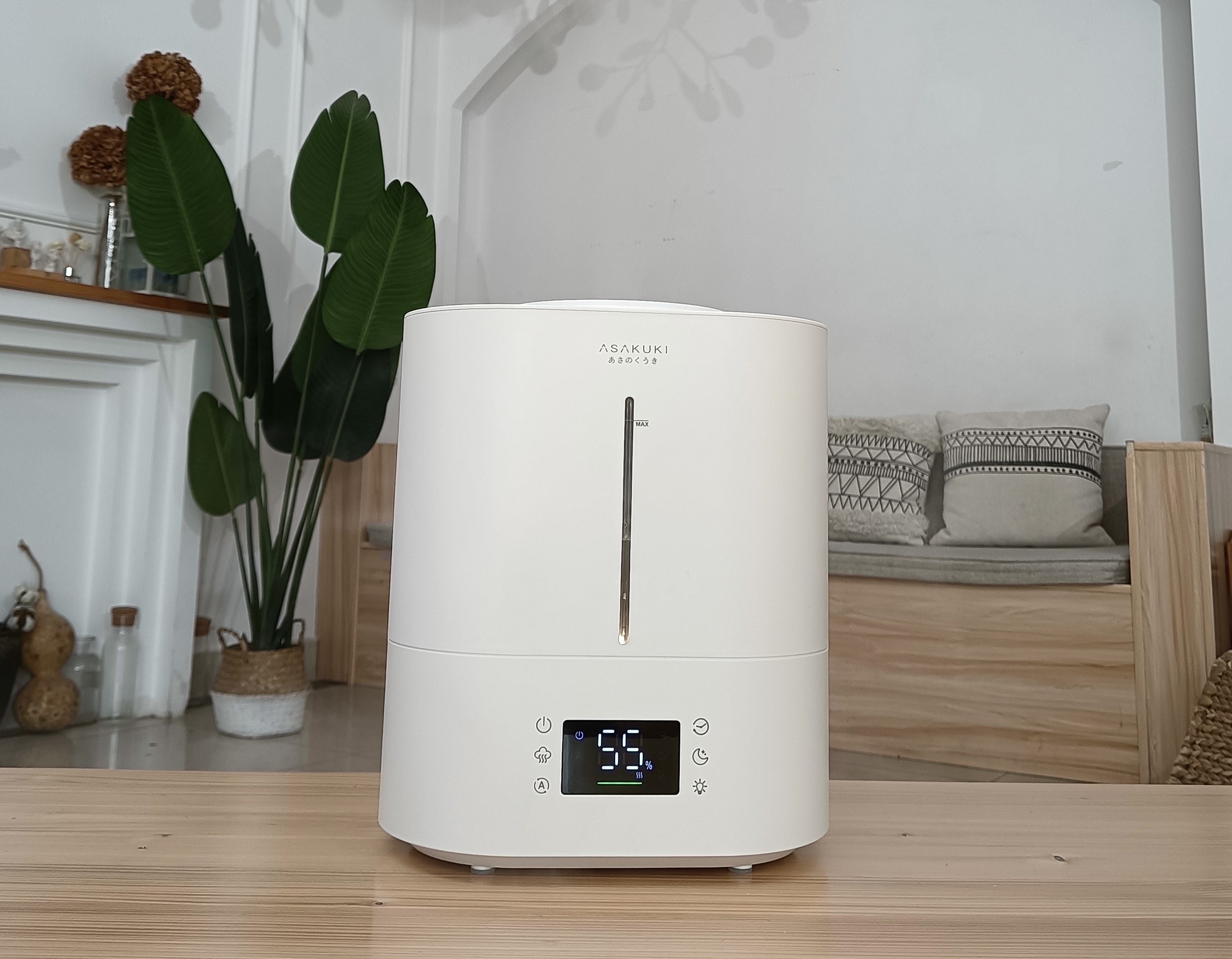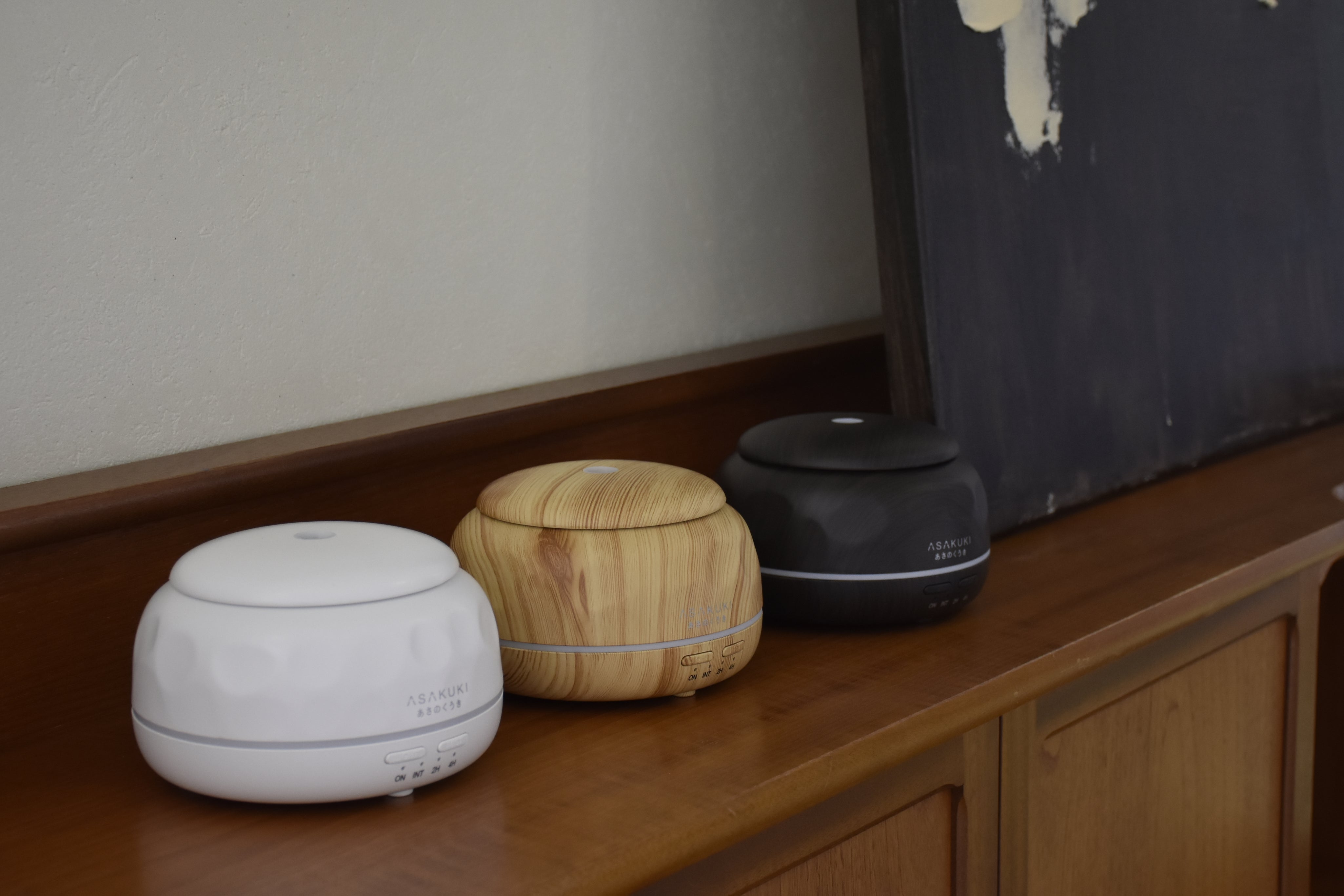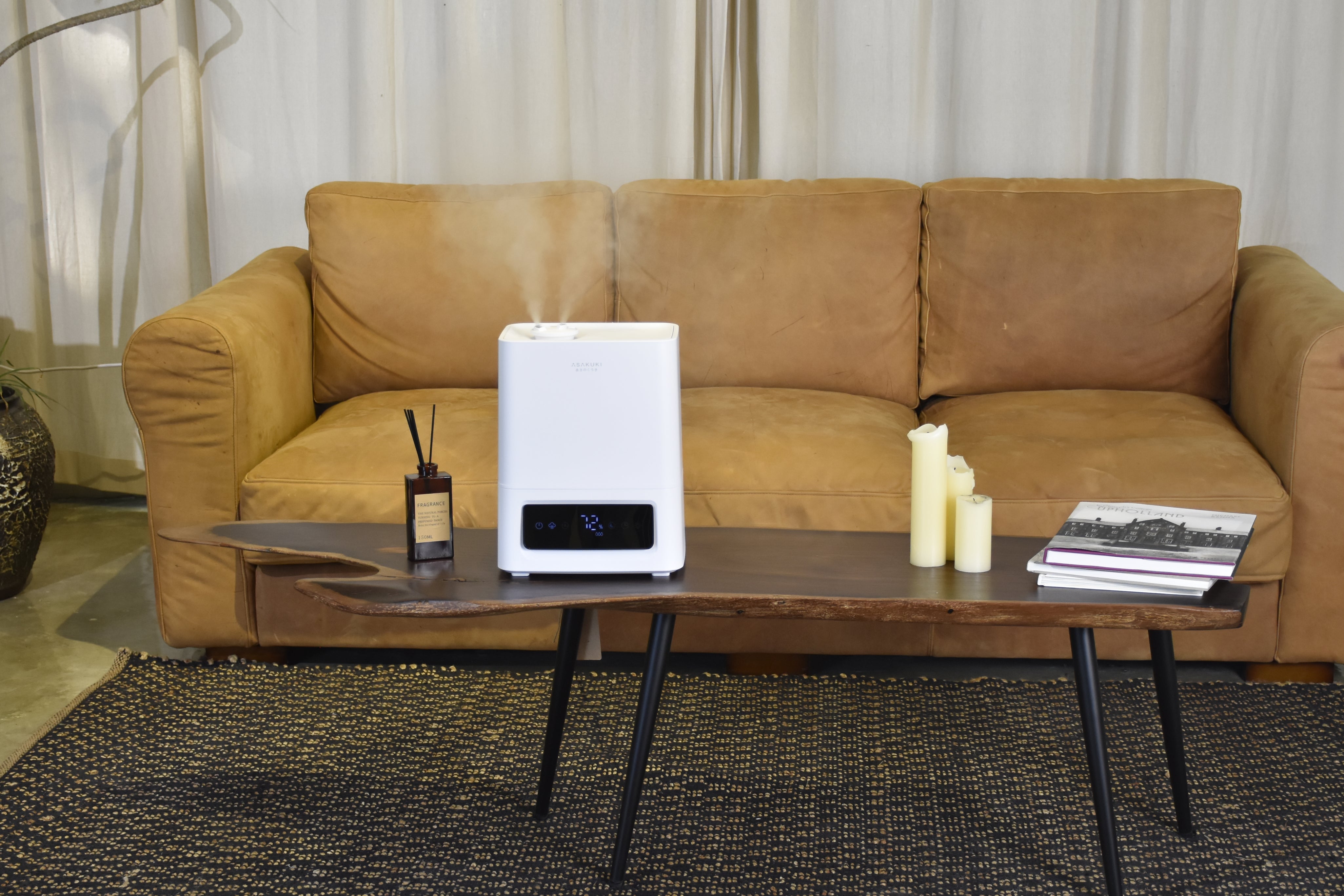Living with allergies can be challenging, especially when symptoms flare up. From sneezing and congestion to itchy eyes and skin irritation, allergies can significantly impact your quality of life. Many people turn to various remedies to alleviate their symptoms, and one option that often comes up is using a humidifier. But is a humidifier really effective for allergies? Let's delve into the topic to understand the benefits it can offer.
How Does a Humidifier Work?
Before we discuss its effectiveness for allergies, let's briefly review how a humidifier operates. A humidifier is a device designed to add moisture to the air in your home, increasing humidity levels to achieve optimal comfort. There are different types of humidifiers available, including evaporative, ultrasonic, and steam-based models, each with its own mechanism for dispersing moisture into the air.
Alleviating Allergy Symptoms
Now, let's explore how using a humidifier can potentially benefit individuals with allergies:
Relieving Dryness: Dry air can exacerbate allergy symptoms by irritating the nasal passages, throat, and respiratory system. A humidifier helps combat dryness by adding moisture to the air, which can soothe these areas and provide relief from discomfort.
Reducing Irritation: Allergens such as dust mites, pollen, and pet dander thrive in dry environments. By maintaining optimal humidity levels, a humidifier can help minimize the spread of these allergens, reducing irritation and allergic reactions.
Easing Congestion: Moist air can help loosen congestion in the nasal passages and chest, making it easier to breathe. This can be particularly beneficial for individuals suffering from nasal congestion and sinusitis due to allergies.
Preventing Dry Skin: Dry air can also lead to skin dryness and irritation, especially for individuals with sensitive skin or conditions such as eczema. Using a humidifier can help maintain skin hydration levels, reducing the risk of dry, itchy skin.
Enhancing Sleep Quality: Allergy symptoms such as nasal congestion and coughing can disrupt sleep patterns, leading to poor sleep quality. By creating a more comfortable indoor environment, a humidifier may contribute to better sleep by alleviating these symptoms.
Choosing the Right Humidifier
When selecting a humidifier for allergy relief, consider the following factors:
Type of Humidifier: Decide whether you prefer an evaporative, steam-based, or ultrasonic cool-mist humidifier based on your needs and preferences.
Size and Coverage: Choose a humidifier that can adequately humidify the size of your room or home.
Maintenance Requirements: Some humidifiers require regular cleaning and filter replacements to prevent mold and bacteria growth.
Additional Features: Look for features such as adjustable humidity settings, built-in humidistats, and programmable timers for added convenience.
Conclusion
In conclusion, while a humidifier can provide relief from allergy symptoms by maintaining optimal humidity levels and reducing dryness and irritation, it's essential to use it properly and maintain it regularly to avoid potential issues such as mold and bacteria growth. Consult with a healthcare professional or allergist to determine if a humidifier is suitable for managing your allergy symptoms and to receive personalized recommendations based on your specific needs.





